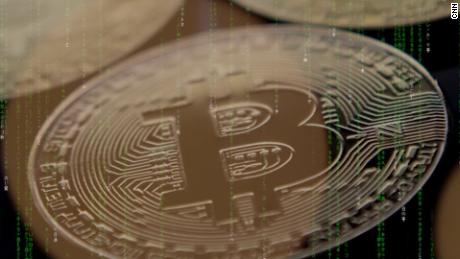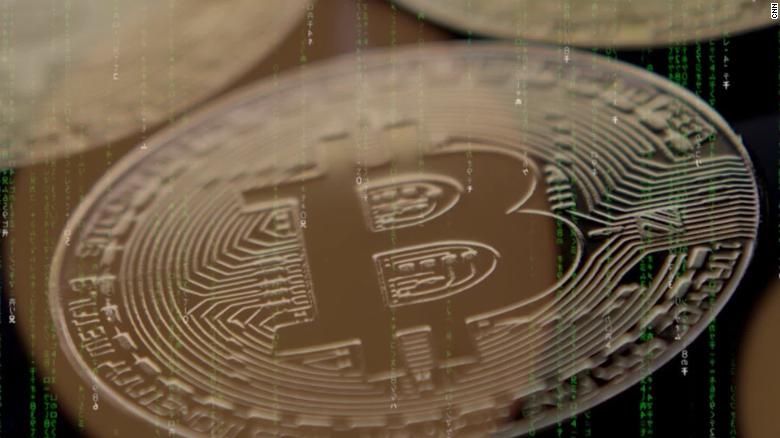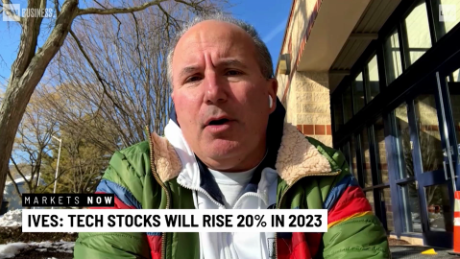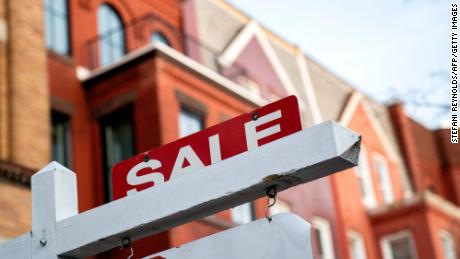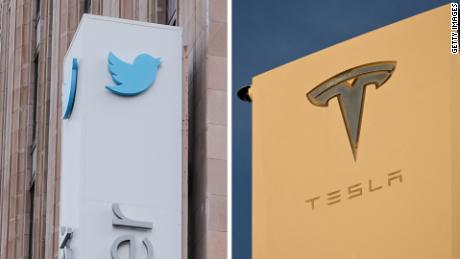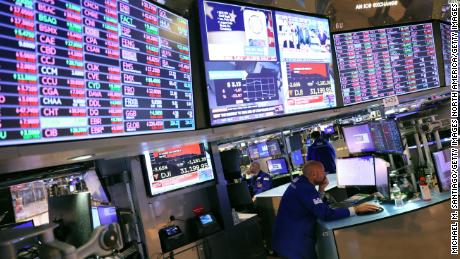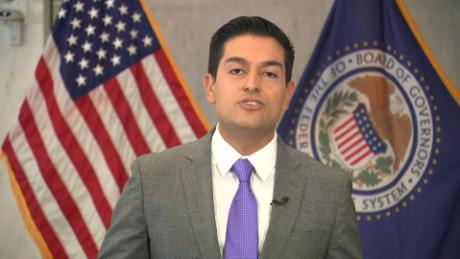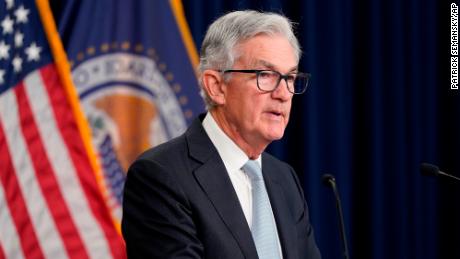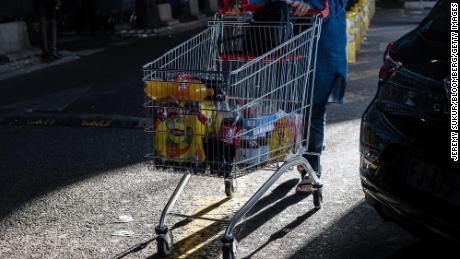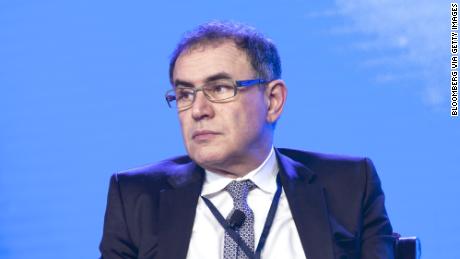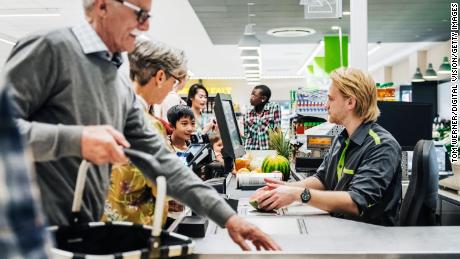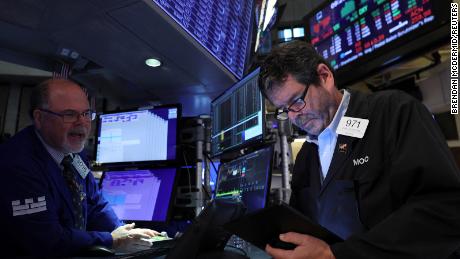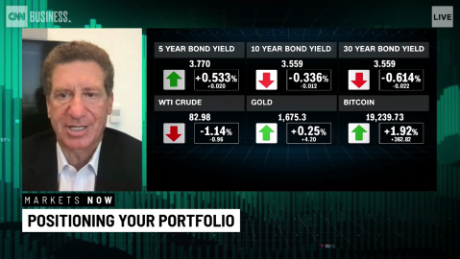New York (CNN Business)The price of Bitcoin has soared this week while the US dollar -- the world's number one reserve currency -- tumbled. Could this be the beginning of the end of the greenback's reign?
Bitcoin (XBT) hit a high of more than $48,000 on Tuesday after Tesla (TSLA) reported a $1.5 billion investment in the cryptocurrency and said it could soon be used to buy its electric cars.
Bitcoin was up some 5% Tuesday afternoon, while the US dollar index was down 0.6%.
Tesla isn't the first company to dabble in bitcoin, but it's definitely the most prominent one: A vote of confidence from the richest man in the world, Telsa CEO Elon Musk, is quite the endorsement.
"As more and more companies start accepting bitcoin, this will only lead to further increases in demand in a market which is limited in supply," wrote Fawad Razaqzada, analyst at ThinkMarkets, in a note to clients.
"Bitcoin is becoming an alternative asset," said Brad Bechtel, global head of FX at Jefferies. "It's not correlated to anything else in the market."
And that makes it an attractive asset to add to a portfolio, Bechtel said.
That's pretty bullish for the long-term bitcoin outlook, even as some, notably Bank of America, have called the crypto rally "the mother of all bubbles."
But don't turn all your hard-earned dollars into bitcoin just yet.
The US dollar is the world's reserve currency, meaning that companies, countries and central banks are keeping it in their accounts. It's also the currency most used in transactions around the globe.
Sure, the euro and China's yuan have become more popular in recent years and cryptocurrencies have arrived on the scene. But for now, there's nothing to knock the dollar's status.
Bitcoin has jumped more than 30% in February alone -- an impressive increase. But "that kind of price action is the exact opposite" of what reserve investors are looking for," Marc Chandler, chief market strategist at Bannockburn Global Forex, told CNN Business. "Rather than making it more attractive as a reserve asset it makes it less attractive, because volatility is risk."
Reserve investors such as central banks aren't looking for the biggest return. They look instead for value-preserving investments. And while bitcoin's volatility might diminish as the cryptocurrency market matures, it hasn't so far.
Another reason bitcoin isn't about to become the world's reserve currency is that it's not really a currency, wrote Chandler on his blog. "[Cryptocurrencies] do not fulfill the economists' definition of money: a means of exchange, a store of value, and a unit of account," he said.
Weaker dollar under Biden
The US dollar's reserve status might not be at risk just yet, but there's a strong chance the it will continue to weaken in the near term.
President Donald Trump repeatedly expressed his desire for a weaker dollar when he was in office, but global trade tensions and geopolitical wobbles boosted its safe haven status and made the dollar appealing for investors.
Conditions look a bit different for President Joe Biden and the greenback could weaken as a result of the new administration's economic agenda, including more government stimulus.
Interest rates now are ultra low and the Federal Reserve has signaled that they will stay there until the recovery is well under way. That makes America's currency less appealing for investors.
US Treasury yields, which follow interest rate expectations, have ticked up recently amid hopes for a faster economic recovery. But economists at Capital Economics don't think this trend will last given the Fed's stance on low rates.
The vaccine rollout paired with continued government support could lead to a mini economic boom in the summer, and lead more optimistic investors to take some risks. That would be bad for the super safe US dollar, as those investors could favor riskier currencies.
